Herb Garden Guide: Everything You Need To Know About Growing Herbs
Growing an herb garden is a great way to add beauty and flavor to your landscape. Learn everything you need to know with our complete guide to herb gardening.
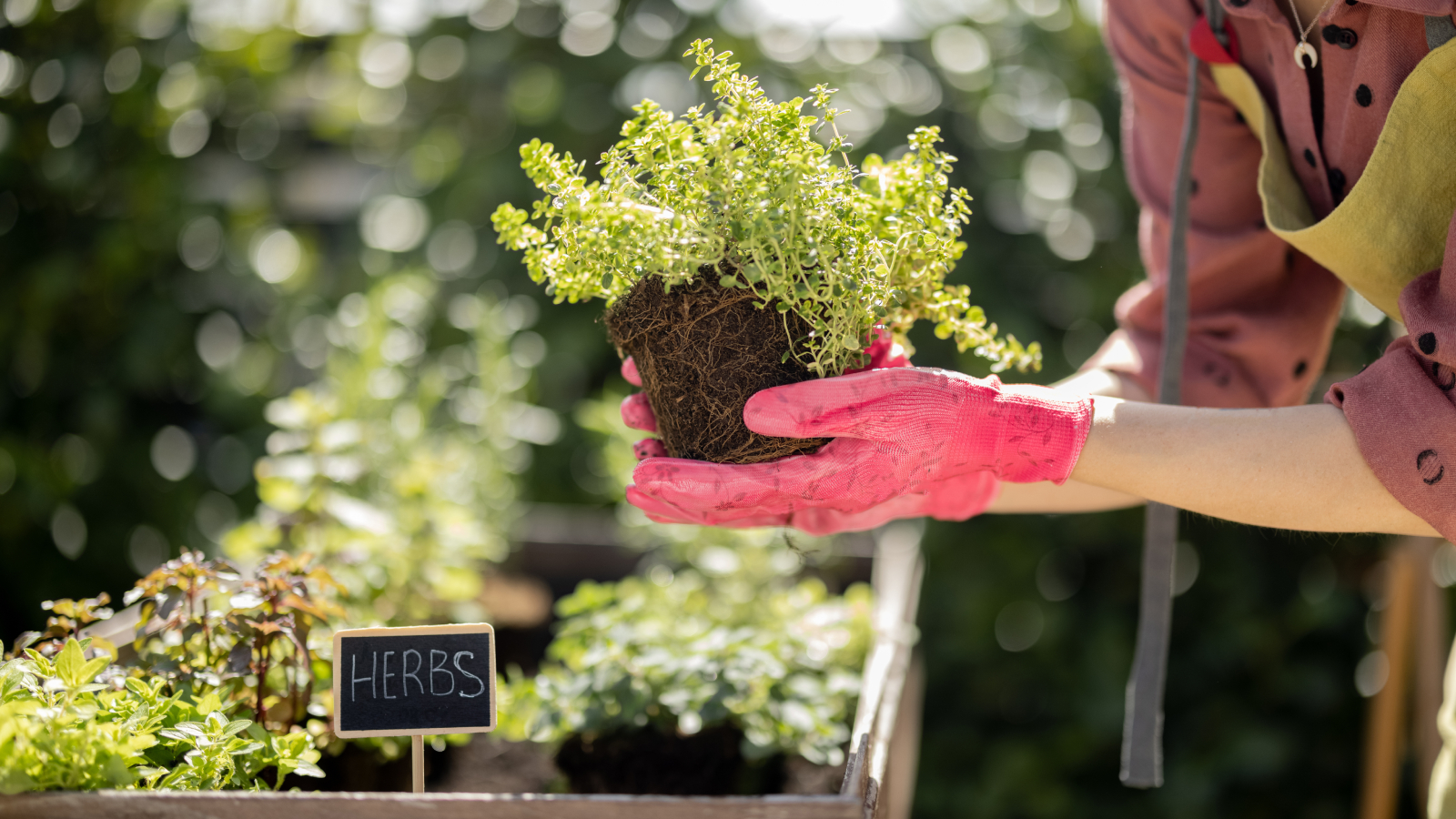
Most herbs are easy to grow. Given the proper amount of sunlight and good soil conditions, your herb garden will be up and running in no time. In order to keep your herb garden healthy and flourishing, you'll need to provide it with a little tender loving care from time to time. Read on to learn how to care for your herb garden.
General Care for Your Herb Garden
Here are some general tips on caring for your herb garden.
Watering Herbs
Your herb garden will need to be watered regularly. How much or how little you need to water will be determined by what types of herbs you plant and whether they have been planted into containers or directly into the ground.
Container herbs need to be watered more often, as they tend to dry out faster. Of course, your garden will need more water when the weather is hot and dry. Keep an eye on your herbs for any signs of wilting.
A wilting herb is crying for water and needs to be tended to immediately to prevent undue stress to the plant's delicate system.
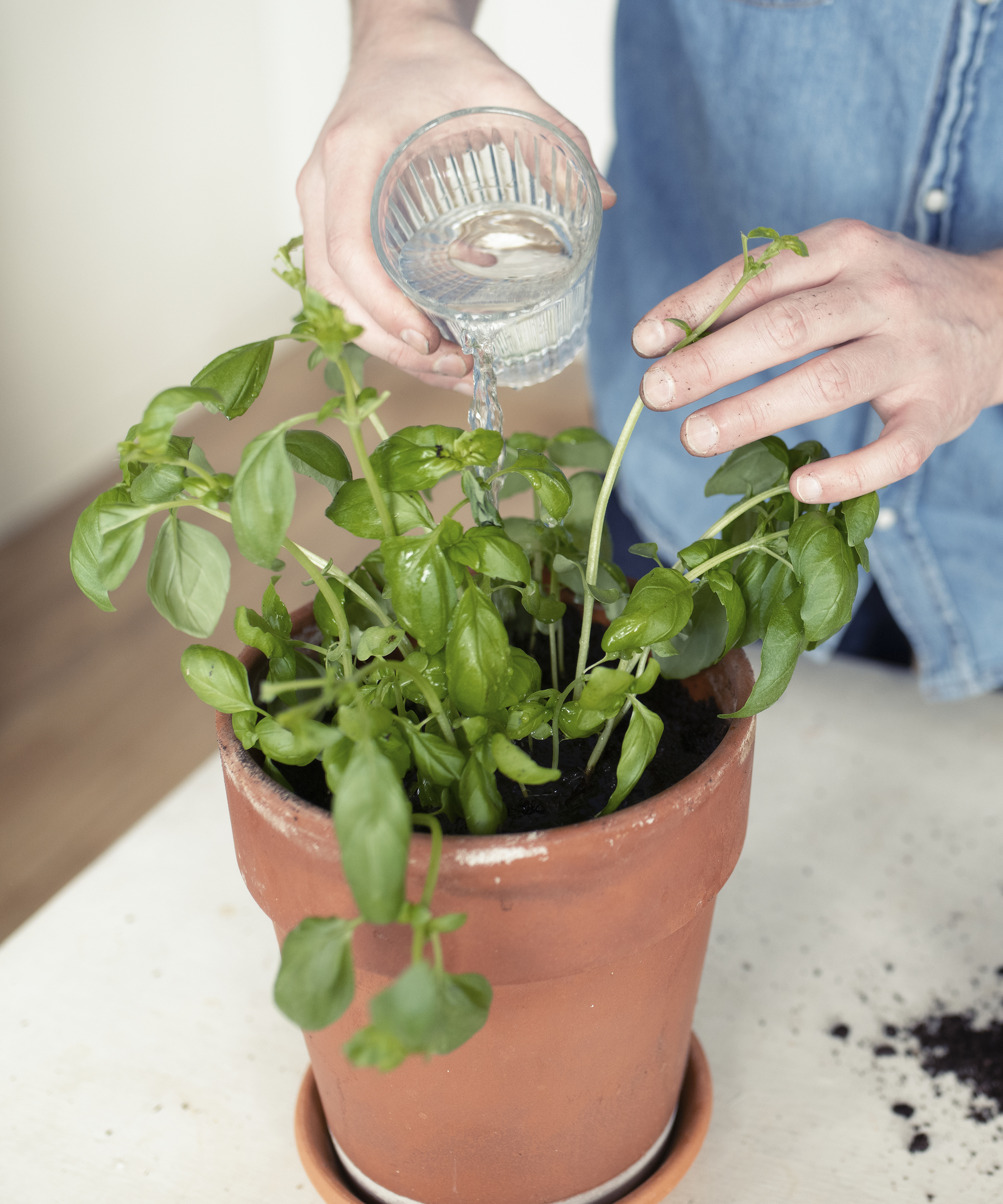
Weeding Herbs
Keeping your herb garden weed-free is an important part of its care and upkeep. Make it a habit to check for weeds once a week; the smaller they are when you find them, the easier they are to remove.
When an herb garden gets smothered with weeds, it can't get the proper nutrients it needs from the soil for healthy growth. Your green herbs will then start to turn yellow and sickly.
Gardening tips, videos, info and more delivered right to your inbox!
Sign up for the Gardening Know How newsletter today and receive a free copy of our e-book "How to Grow Delicious Tomatoes".
When there are too many weeds in your herb garden, your herbs also will be in danger of not getting enough water, as they will be in competition with the other unwelcome plants. When there are too many weeds, the herbs will wilt and become brown and dry.
Another good reason to keep the weeds out of your herb garden is that having an abundance of weeds can and will attract more pests, which could be detrimental to your herbs.
Fertilizing Herbs
Most herbs don't need too much fertilization, but a shot or two during the growing season will do them a world of good. A simple liquid fertilizer should be enough to keep them happy.
Pruning Herbs
Keeping your herbs well pruned not only will keep them looking their best but also will stop them from going to seed, and may keep them producing much longer.
Pruning should be done at least once a month. If you enjoy herbal flowers or want them to reseed themselves in the garden, keep a few of your chosen flowering herbs pruned while letting a couple of them go on to flower. They will eventually seed, guaranteeing that you will have enough herbs for daily use while allowing their natural reproduction cycle to occur for next year's garden.
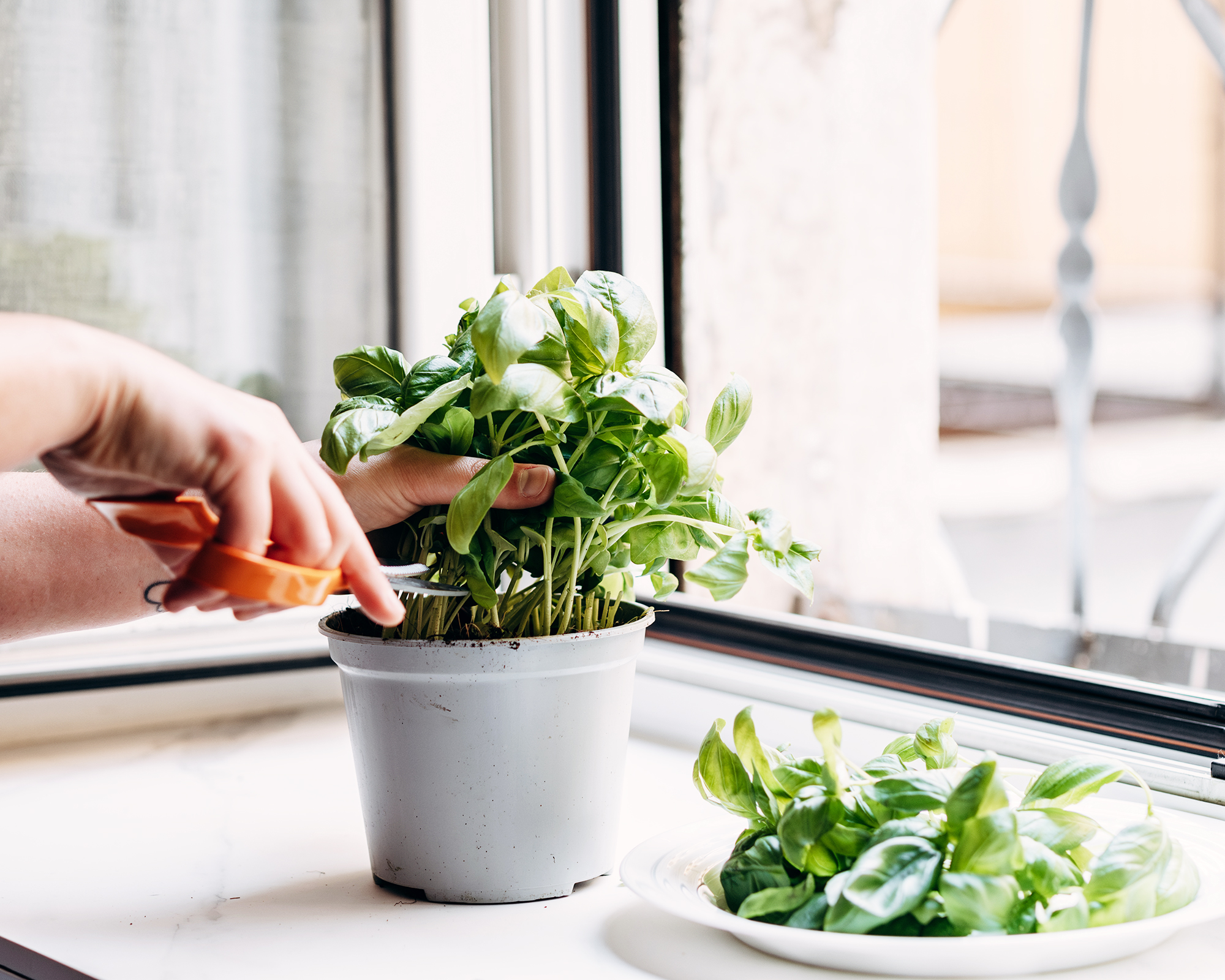
Dividing Herbs
Every year or two your perennial herbs will need to be divided to keep them healthy. You can divide herbs by removing them from the soil and splitting the plant, vertically, down the middle of its root system and then replanting the two new plants back into the ground.
If you find that after splitting you have too many plants for your own garden, why not ask a neighbors if they'd like a few of your plants to start their own herb gardens?
Harvesting Herbs
As the growing season winds down and the frosty winds approach, you'll need to bring your most delicate herbs indoors and harvest the stems and leaves from the rest of them.
When harvesting your perennial herbs, be careful not to cut them too low to the ground. Leave a couple of inches (5 cm.) of growth to die back on its own so that the plant will be able to renew itself next year.
When faced with an abundance of harvested herbs, you'll need to prepare them by drying or freezing them for later use.
By following these rules of general care for your herb garden, your garden will flourish and in turn thank you by rewarding you with the best possible herbs for all of your daily needs.
-
 Looking For Plants To Give You The Soft And Fuzzies? Try These 5 Fuzzy Leaf Plant Options
Looking For Plants To Give You The Soft And Fuzzies? Try These 5 Fuzzy Leaf Plant OptionsLovers of texture, drama, silver foliage and tactile plants will adore these special sensory garden additions. These fuzzy leaf plant options will leave you all aglow
By Susan Albert
-
 Get Ready For A Summer Of Hummers! Grow These Full Sun Hummingbird Plants and Flowers
Get Ready For A Summer Of Hummers! Grow These Full Sun Hummingbird Plants and FlowersIf you’re lucky enough to enjoy a sunny backyard, make sure you are maxing out on your pollinator opportunities and grow these full sun hummingbird plants and flowers
By Tonya Barnett
-
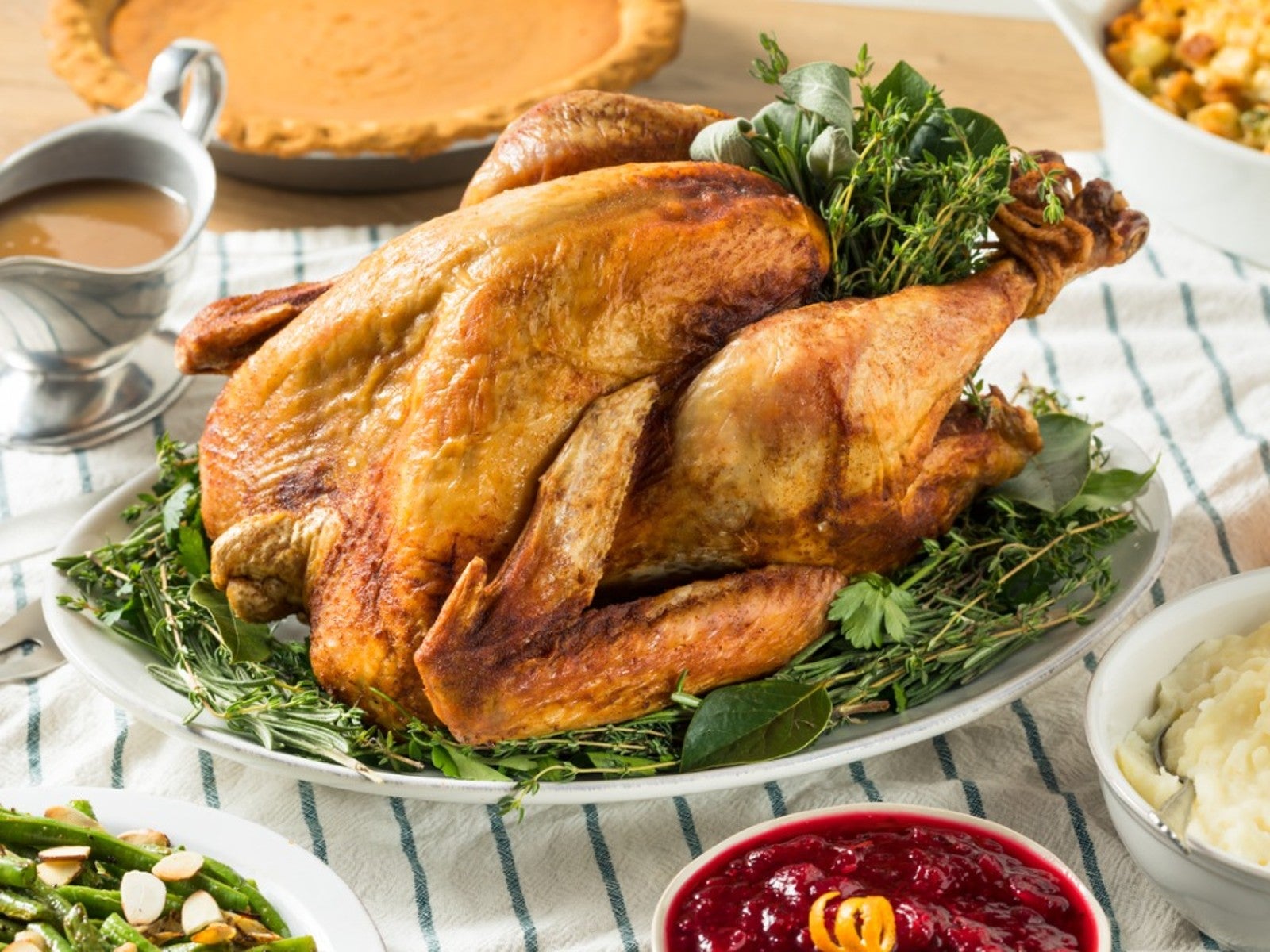 Grow Tasty Herbs For Roast Turkey In Your Garden
Grow Tasty Herbs For Roast Turkey In Your GardenCan you season your turkey with herbs you grow in your own garden? Yes! Click to learn more.
By Amy Grant
-
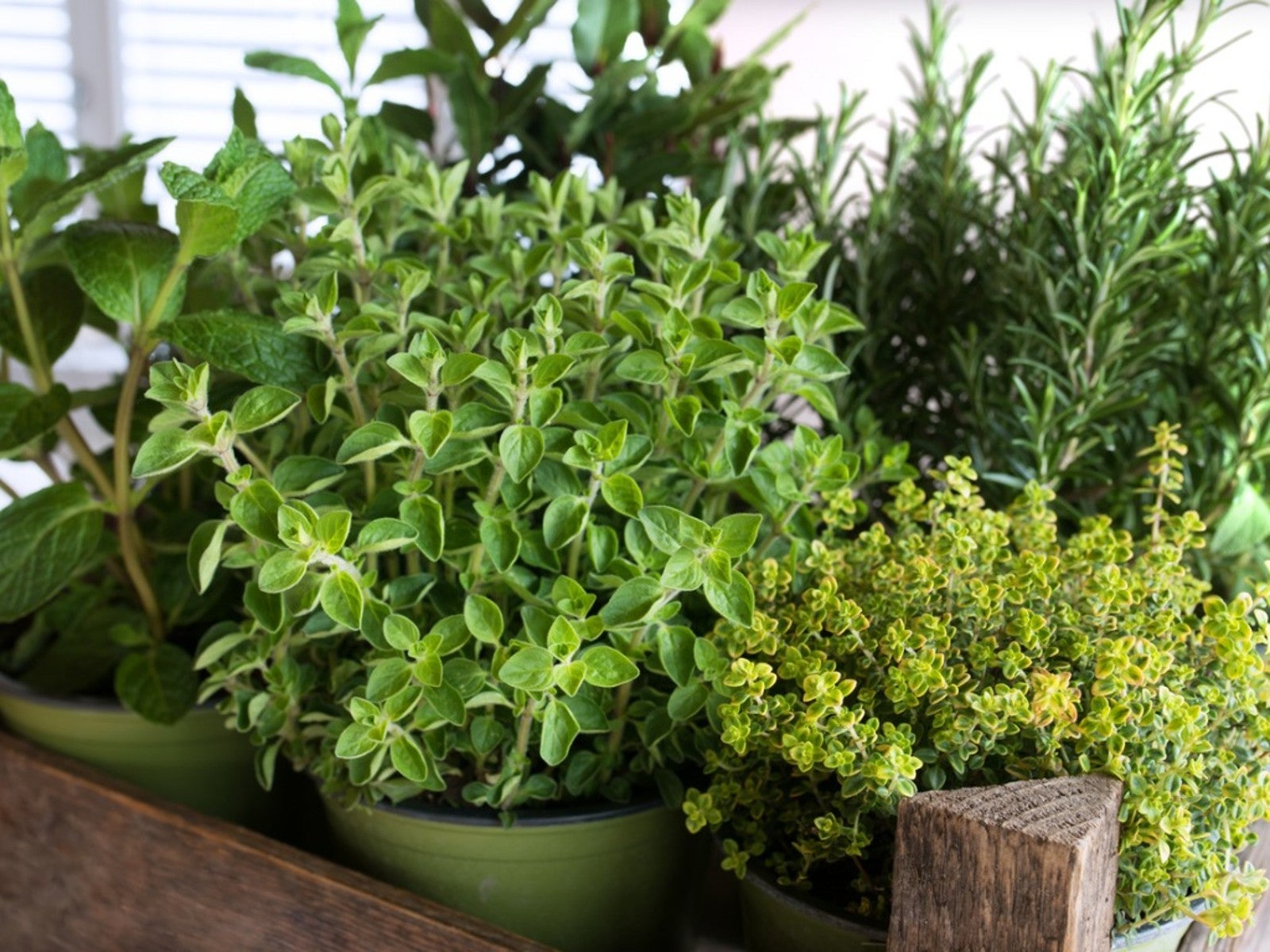 10 Easy Herbs For Beginners
10 Easy Herbs For BeginnersIf you’re new to herb growing, there are some perfect beginner herbs that are low maintenance and easy. Here are our top ten.
By Mary Ellen Ellis
-
 How To Make A Rain Gutter Herb Garden
How To Make A Rain Gutter Herb GardenOne really fun look outside the box is a hanging rain gutter herb garden. A gutter planter is a unique way to house and showcase plants.
By Bonnie L. Grant
-
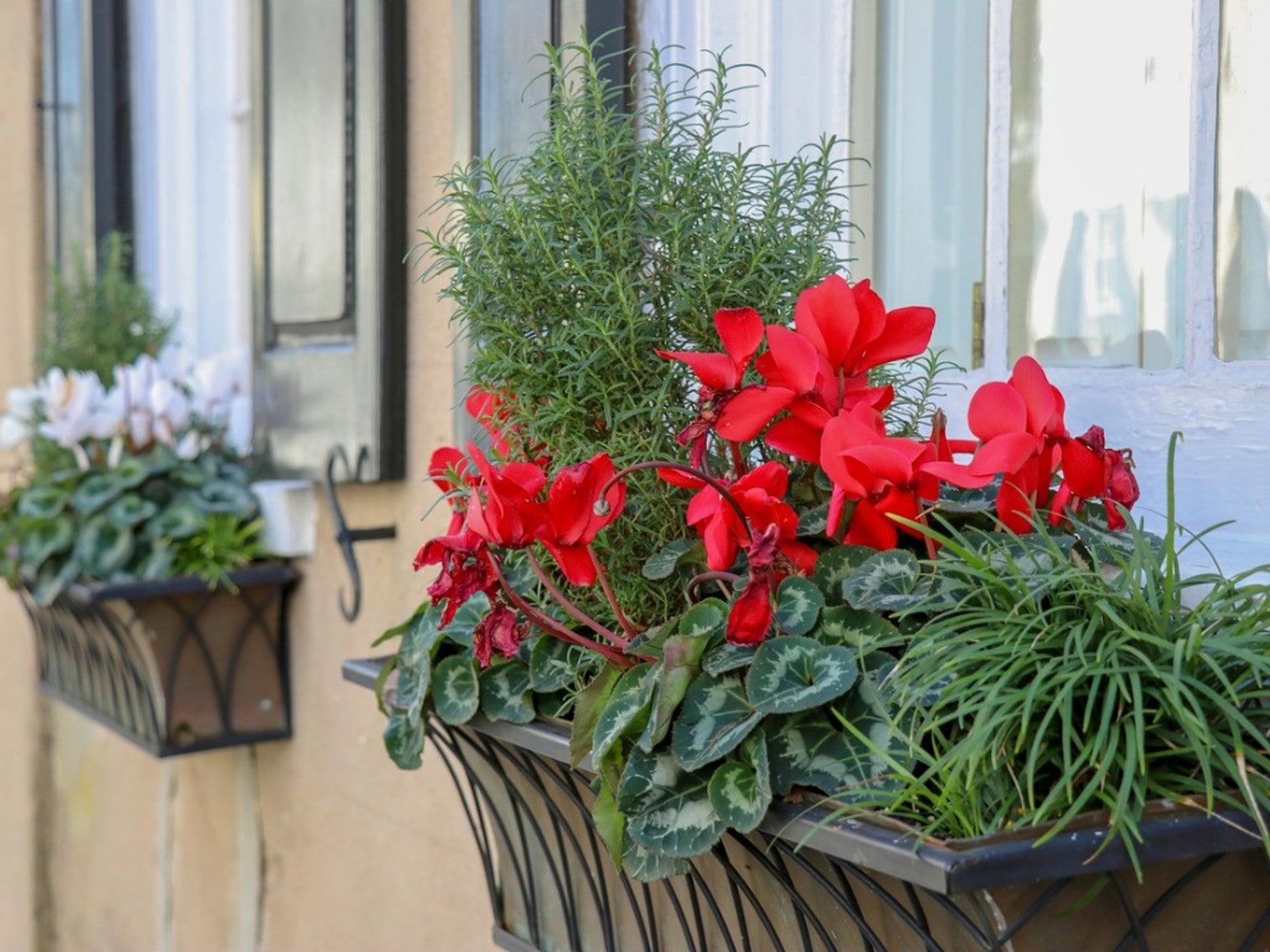 Grow A Beautiful, Edible Herb Window Box
Grow A Beautiful, Edible Herb Window BoxGrowing herbs in window boxes is a space-saving method for producing culinary ingredients for kitchen use. Click for more.
By Laura Miller
-
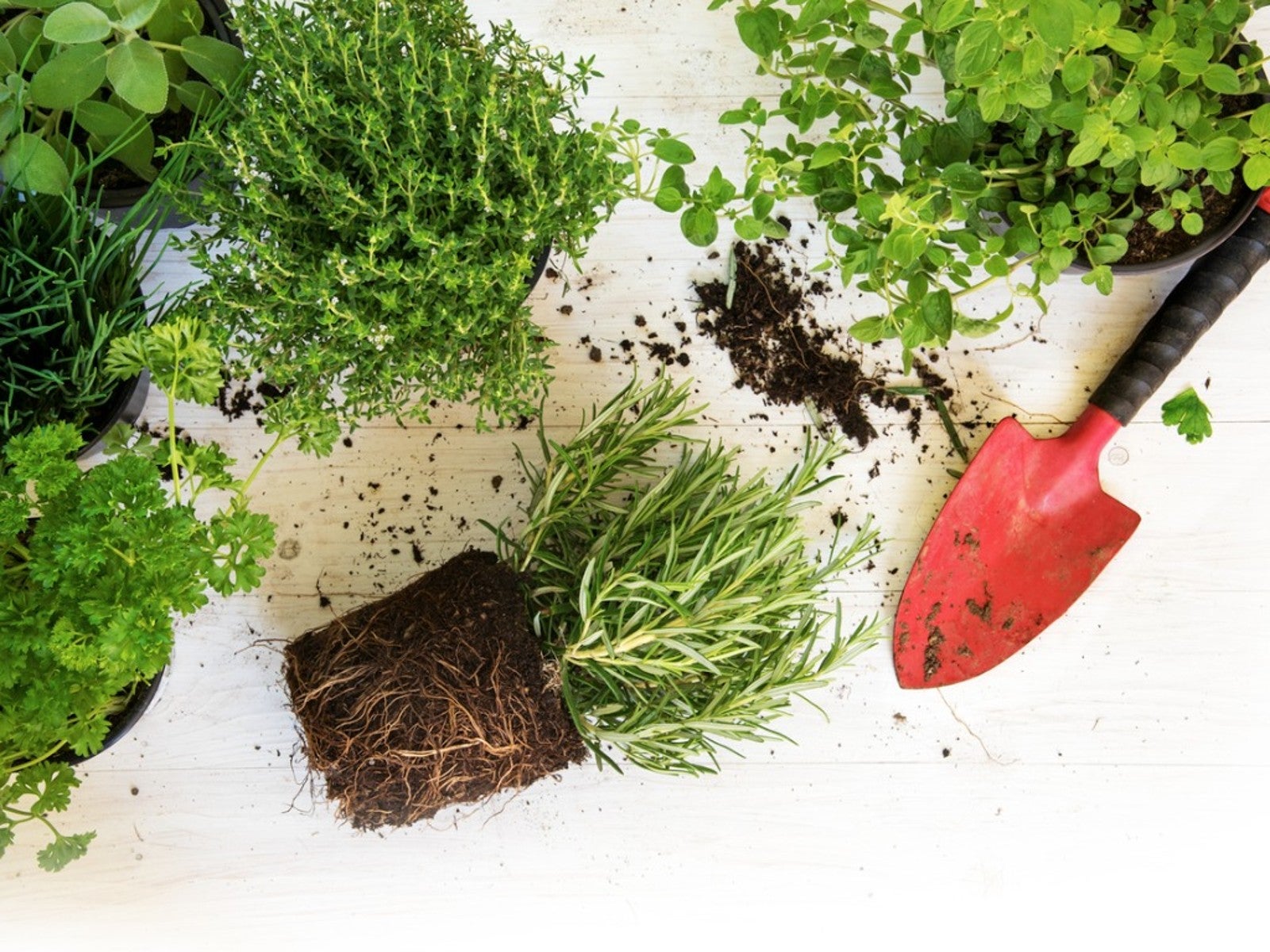 Best Herbs To Direct Sow Vs. Start Indoors
Best Herbs To Direct Sow Vs. Start IndoorsKnowing when to buy herb plants or start them from seeds or cuttings is essential to your success. Read on to learn more.
By Laura Miller
-
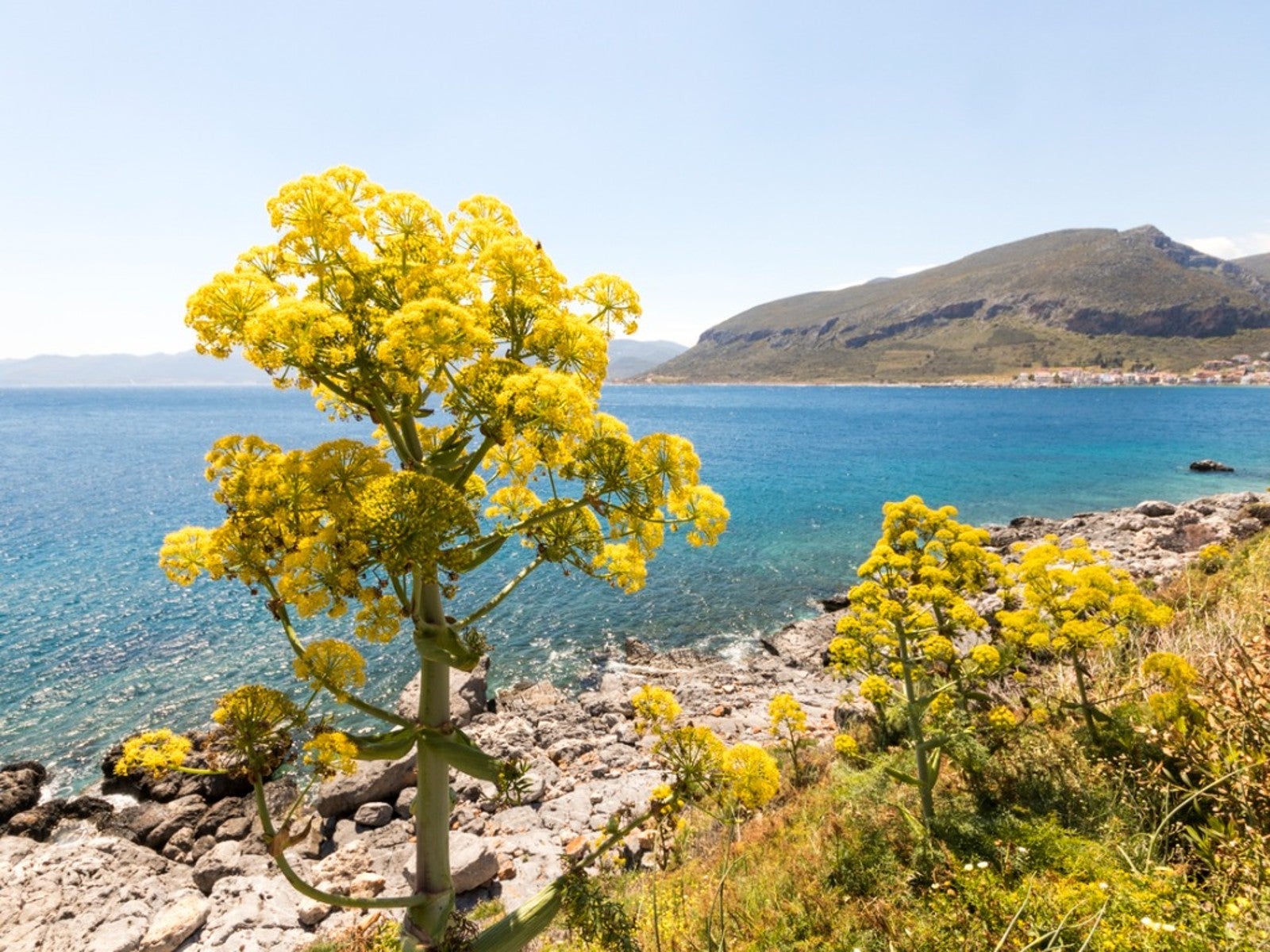 Learn About The Highly Prized Silphium Herb
Learn About The Highly Prized Silphium HerbWhat if there was a perfect plant? In ancient times such a treasure existed. It was the silphium plant.
By Laura Miller
-
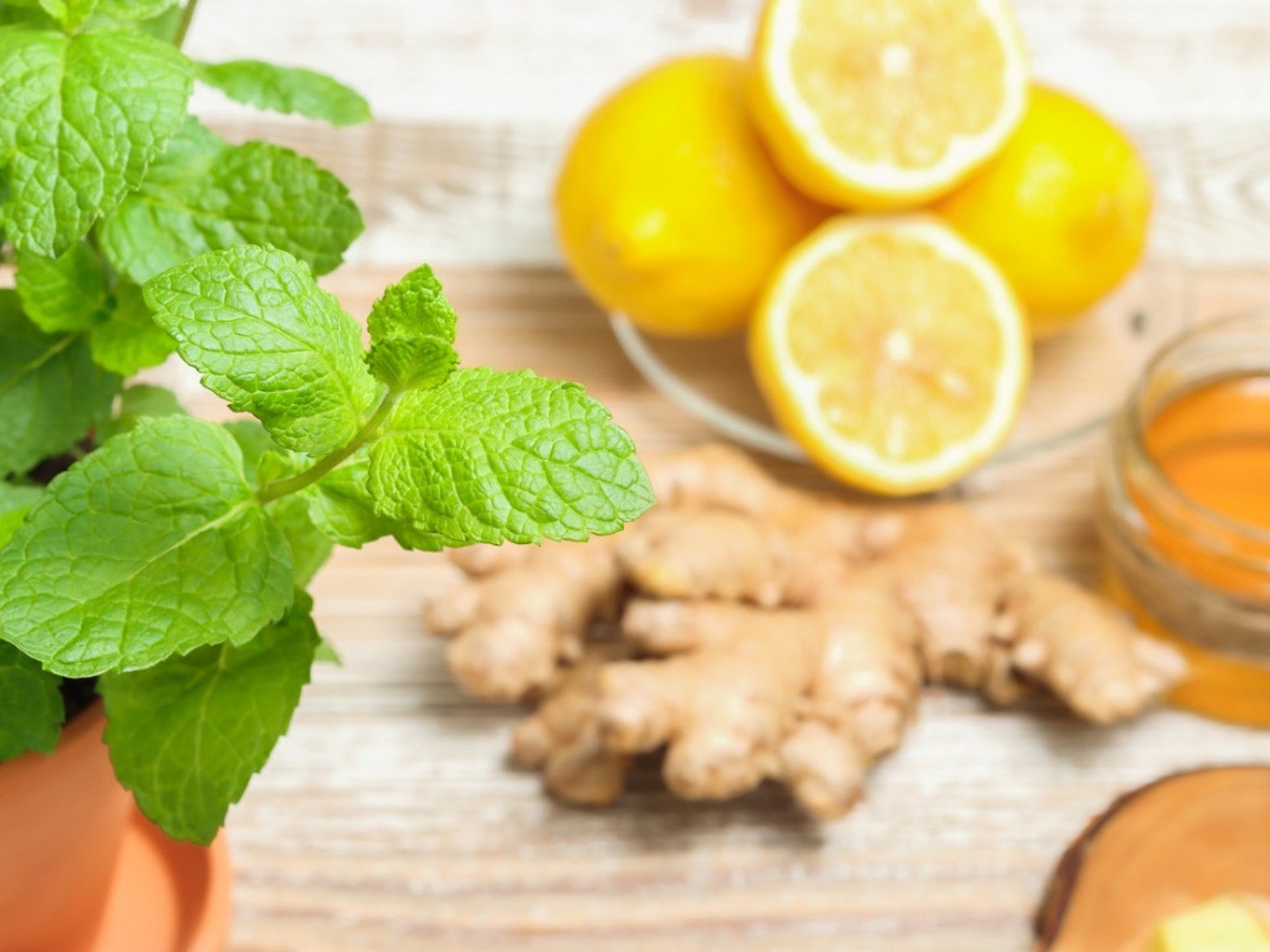 Grow Healing Herbs Indoors: Combat Winter Illness With A Medicinal Garden
Grow Healing Herbs Indoors: Combat Winter Illness With A Medicinal GardenIf you are growing medicinal plants at home, did you know you also can grow an indoor medicinal herb garden? Read on for more.
By Susan Albert
-
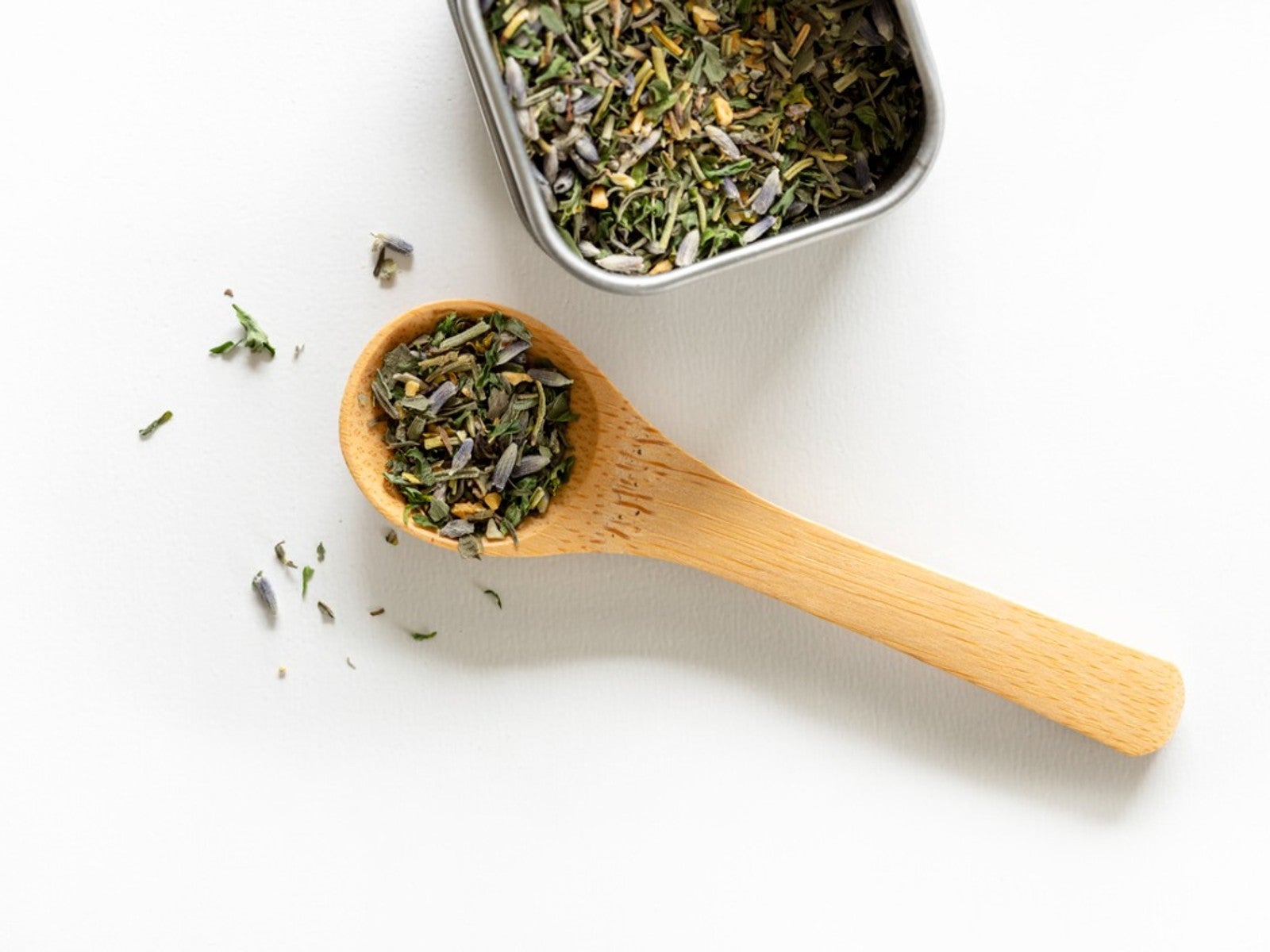 Grow Your Own Herbes De Provence - How To Grow, Dry, And Store Herbs
Grow Your Own Herbes De Provence - How To Grow, Dry, And Store HerbsHomemade gifts can add that special touch to any occasion, such as a jar of herbes de provence. Click here to learn how to grow and make your own for gifting.
By Laura Miller